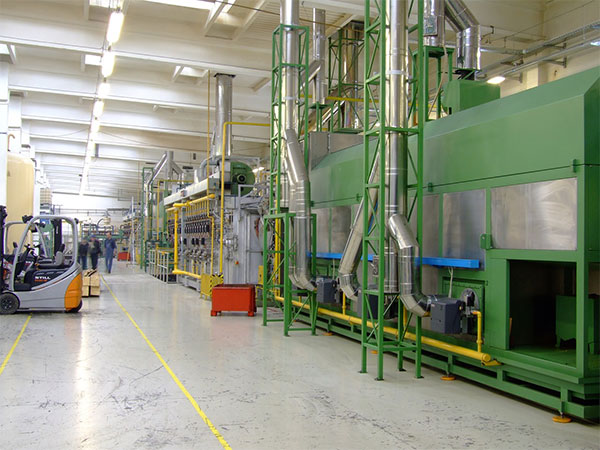SBI Research Calls for Dedicated PLI Scheme to Boost MSMEs
SBI Research advocates a Production Linked Incentive (PLI) scheme for MSMEs to enhance their sectoral contribution. The existing PLI scheme has spurred investments and economic growth, benefiting industries like textiles, electronics, and food processing. A tailored approach could further empower MSMEs and reduce import reliance.

- Country:
- India
SBI Research has proposed a dedicated Production Linked Incentive (PLI) scheme tailored specifically to the needs of Micro, Small, and Medium Enterprises (MSMEs). This could enhance their contribution to various sectors, including textiles, garments, food processing, and electronics, thereby fostering economic growth.
As per the latest SBI Research report, January 2024 saw the approval of 746 applications under the PLI scheme across 14 sectors, with investments expected to exceed Rs 3 lakh crore. Notably, MSMEs constituted 24 percent of these applications, underscoring the scheme's positive impact on smaller businesses.
By November 2023, the PLI scheme had attracted investments worth over Rs 1 lakh crore and catalyzed incremental sales amounting to Rs 8.61 lakh crore. This includes an export share of around 40 percent, highlighting its success in strengthening India's manufacturing capabilities and global market presence.
Large-scale sectors such as electronics, pharmaceuticals, food processing, and telecom products have significantly contributed to this growth, with exports surpassing Rs 3.20 lakh crore. MSMEs, crucial to India's economy, contribute approximately 45 percent to exports and 40 percent to manufacturing GVA.
The inclusion of MSMEs in the PLI scheme has been transformative, providing them with the necessary support to scale operations and enhance competitiveness. Sectors such as bulk drugs, medical devices, and textiles have particularly benefited.
In the food processing sector, the PLI scheme has increased raw material sourcing from Indian farmers and MSMEs, boosting local incomes and strengthening supply chains.
The PLI scheme's impact spans multiple sectors, adding to India's economic fabric. Textiles, with its labor-intensive nature and export potential, has seen increased investments and production.
This surge has created numerous employment opportunities, especially in rural areas. Handicraft and leather industries, rooted in India's heritage, have received renewed focus under the PLI scheme, empowering artisans and small business owners.
The food processing sector has seen a boost due to increased domestic raw material sourcing, benefiting farmers and MSMEs. Electronics and auto components have also thrived, reducing import dependency and enhancing technological prowess.
A call grows for a separate PLI scheme for MSMEs to amplify their export and manufacturing contributions while generating employment in diverse sectors. A dedicated scheme could reduce import reliance, empower MSMEs, and bolster India's global market position.
(With inputs from agencies.)
ALSO READ
Ukraine's Economy on the Path to Recovery: Challenges, Investments, and Energy – A Conversation with Aleksandr Katsuba
Tackling Antibiotic Pollution: New Guidelines to Combat AMR in Manufacturing
US-India Partnership to Boost Clean Energy Manufacturing
India Opens Invest India Office in Singapore to Attract Foreign Investments
Escalating Labour Strike at Samsung's Tamil Nadu Plant Threatens Electronics Manufacturing Ecosystem










